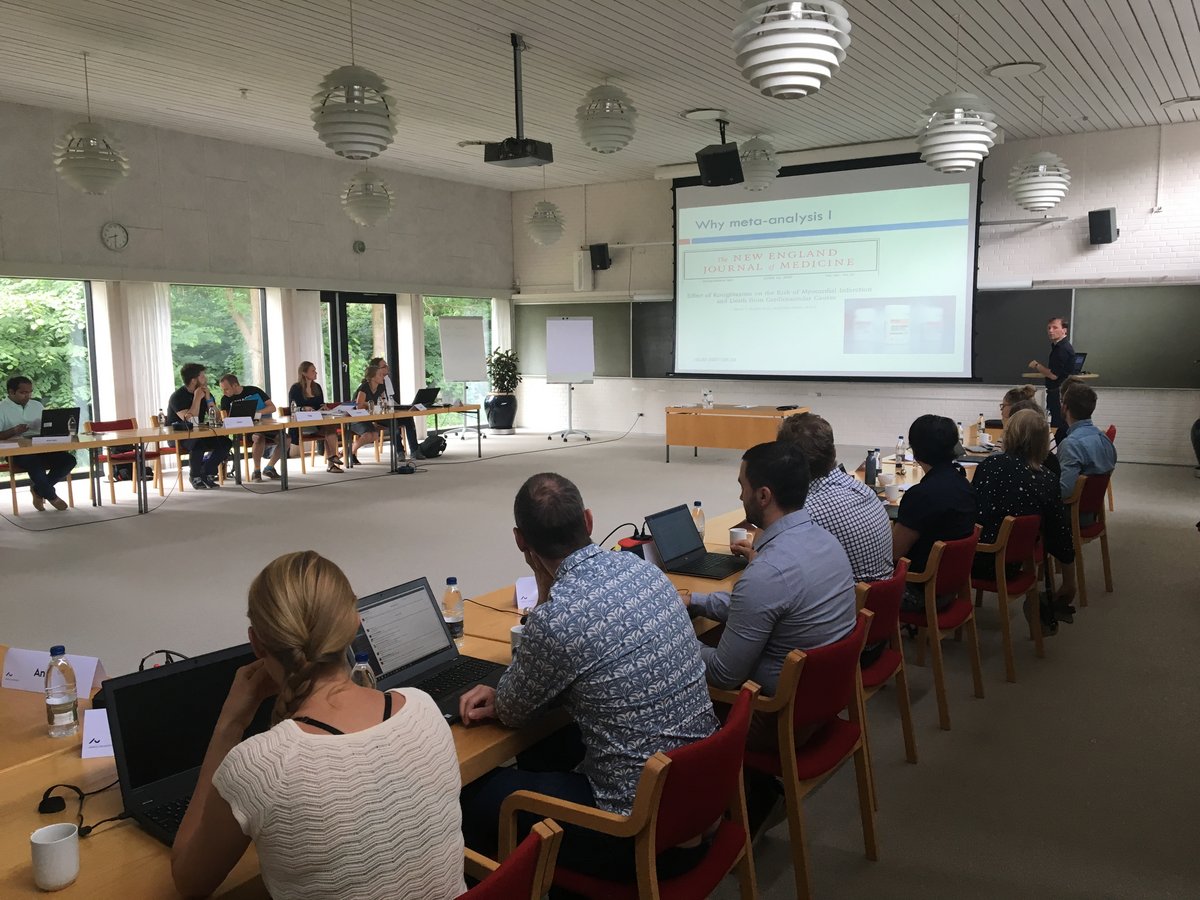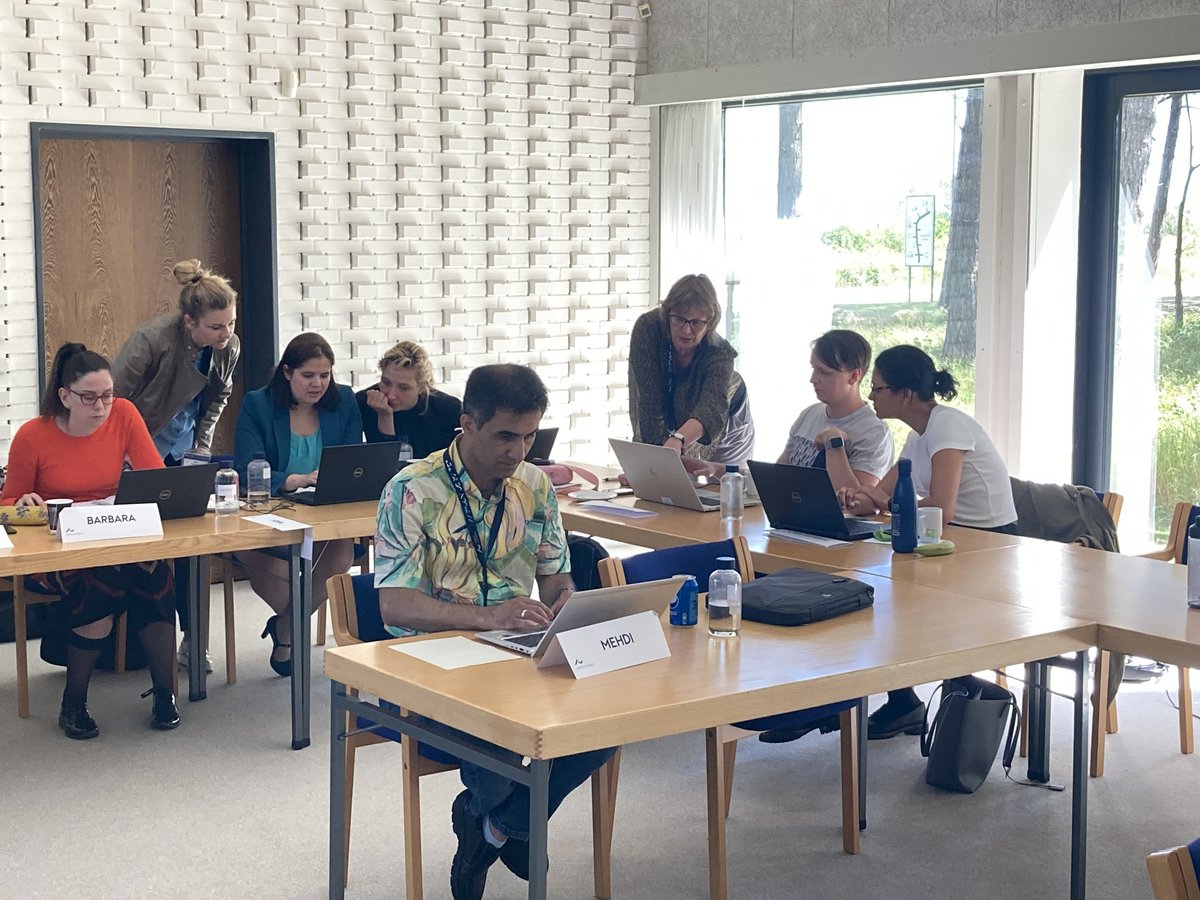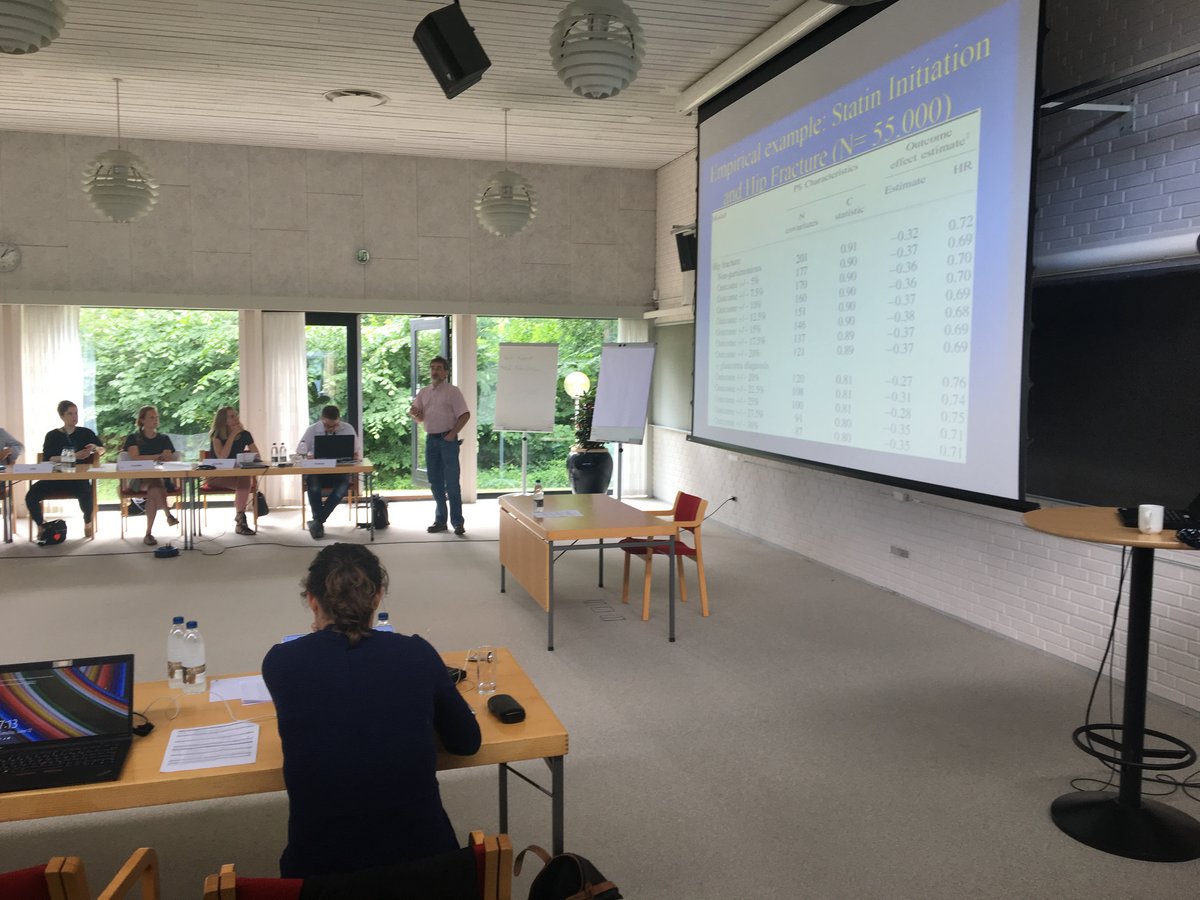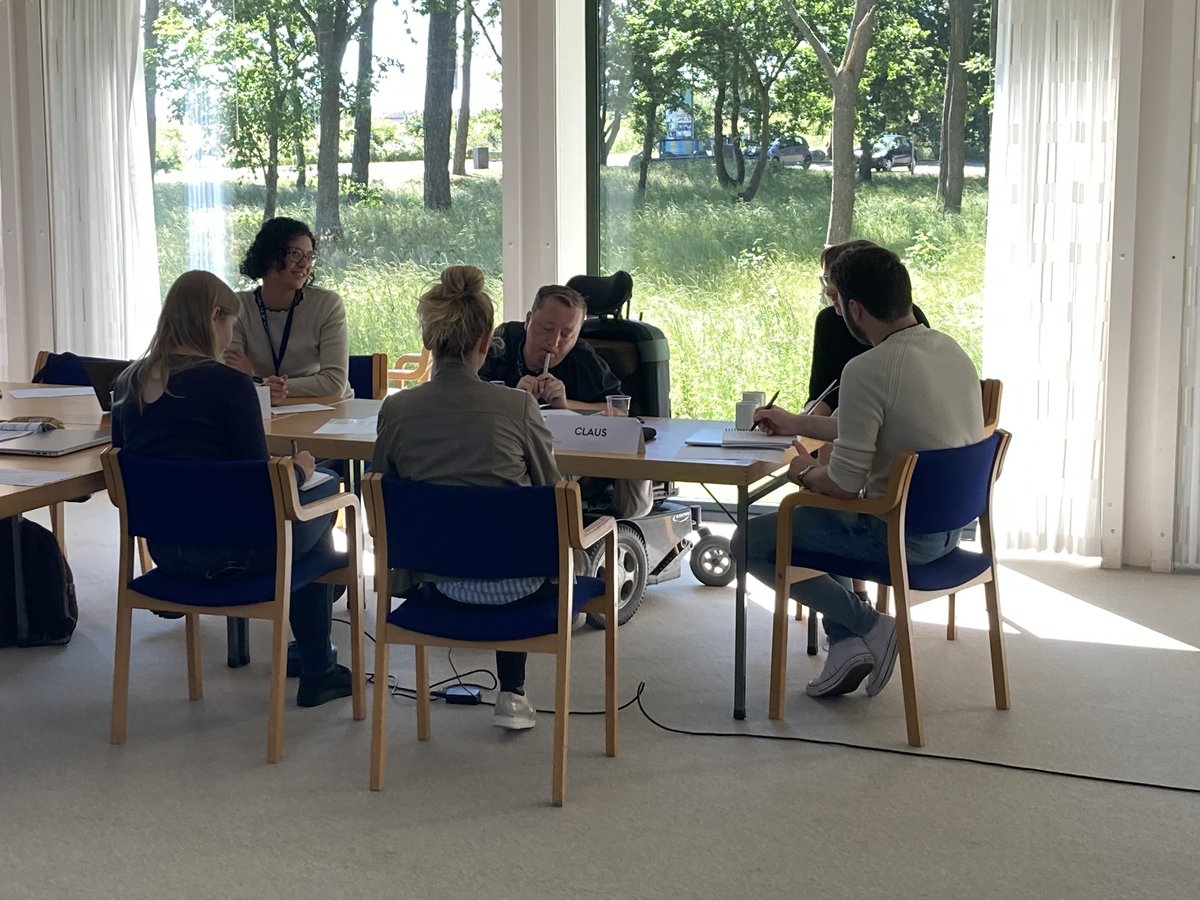This year's summer school will cover the fundamental principles and methods of pharmacoepidemiology, provide guidance on synthesis of the evidence, and offer an introduction to some sources of real-world data in the United States.
Format: Lectures, group work, and exercises.
Prerequisites: Basic training in epidemiology and biostatistics is assumed.
Equipment: Laptop. All participants will get a short-course STATA license, which needs to be installed on the laptop.
All day (9.00 am - 4.00 pm)
The aims of this class are to understand the unique research challenges and opportunities presented when conducting non-experimental studies of medical interventions and identify the specific tools required to design, analyze, and evaluate the validity of these studies. This course will cover a variety of topics central to the conduct of pharmacoepidemiology (PE) and comparative effectiveness research (CER), including (but not limited to): a review of commonly used healthcare databases for PE/CER, an overview of the major methodological challenges in evaluating the benefit and harm of medical interventions using non-experimental methods, an introduction to the study design and analytic solutions to address these challenges (including the target trial emulation framework), and other special topics. The participants will work in groups through a series of structured breakout sessions that will address the full spectrum of issues relevant to the conduct of a PE or CER study from research question development/feasibility assessment through the analytic approach and presentation of results.
Instructors
Professor Jennifer Lund, PhD
Professor Til Stürmer, MD, MPH, PhD
Department of Epidemiology, Gillings School of Global Public Health, University of North Carolina at Chapel Hill
All day (9.00 am - 4.00 pm)
The course will give a comprehensive overview of topics in meta-analysis. Most standard topics in meta-analysis will be covered, such as risk of bias analysis, fixed versus random effect models, heterogeneity, meta-regression and differences between meta-analysis of randomized trials and meta-analysis of observational studies. Core elements will also be covered in hands-on practical sessions. These sessions will be taught in R and STATA. After the course, the students should be able to perform a standard meta-analysis by themselves.
Instructors
Professor Saskia le Cessie, MSc, PhD
Professor Olaf Dekkers, MD, PhD
Leiden University Medical Center, Leiden, The Netherlands
Morning (9.00 am - 12.00 noon)
This course will introduce participants to the US Food and Drug Administration’s Sentinel System. Sentinel is an active medical product safety surveillance system that has served as a model for others. Sentinel is a “distributed data network;” core aspects of this approach will be reviewed, including strengths and challenges, and it will be put in the context of similar systems in other countries and regions. Other key elements of Sentinel (e.g., its common data model, analytic tools), example studies, and important lessons learned will be shared. Issues such as transparency, access, and data quality will also be addressed. Suggested readings will be provided in preparation for the course.
Instructor
Professor Noelle Cocoros, MPH, PhD
Harvard Pilgrim Health Care Institute and Department of Population Medicine, Harvard Medical School, USA
Department of Clinical Epidemiology, Center for Population Medicine, Aarhus University Hospital and Aarhus University, Denmark



